The founder of Firecracker and Global Business Development Manager of Magnum Photos picks out her top five of 2017 – including Megan Doherty’s Instagram feed
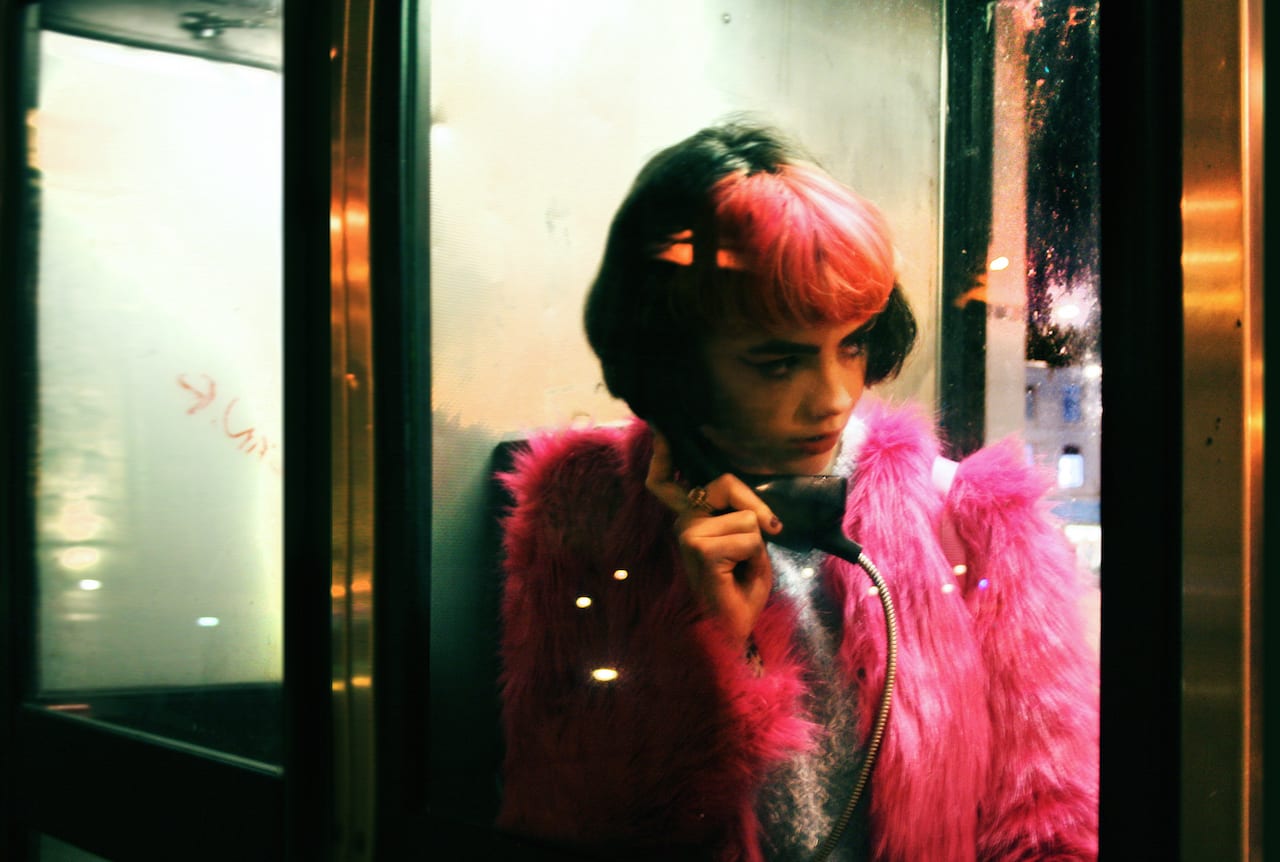

The founder of Firecracker and Global Business Development Manager of Magnum Photos picks out her top five of 2017 – including Megan Doherty’s Instagram feed
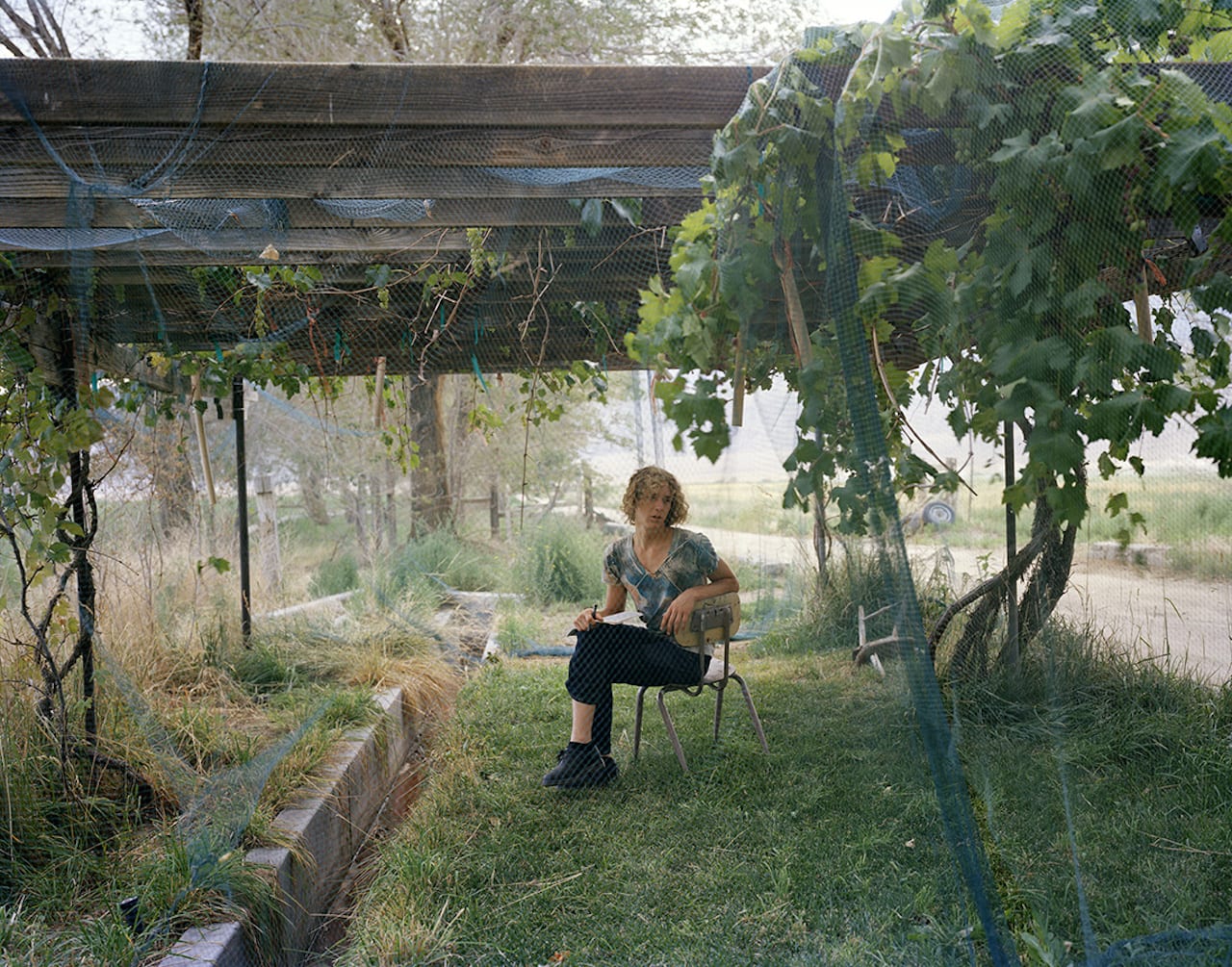
The British Journal of Photography’s editorial director picks out his top five of 2017 – including Sam Contis’ Deep Springs
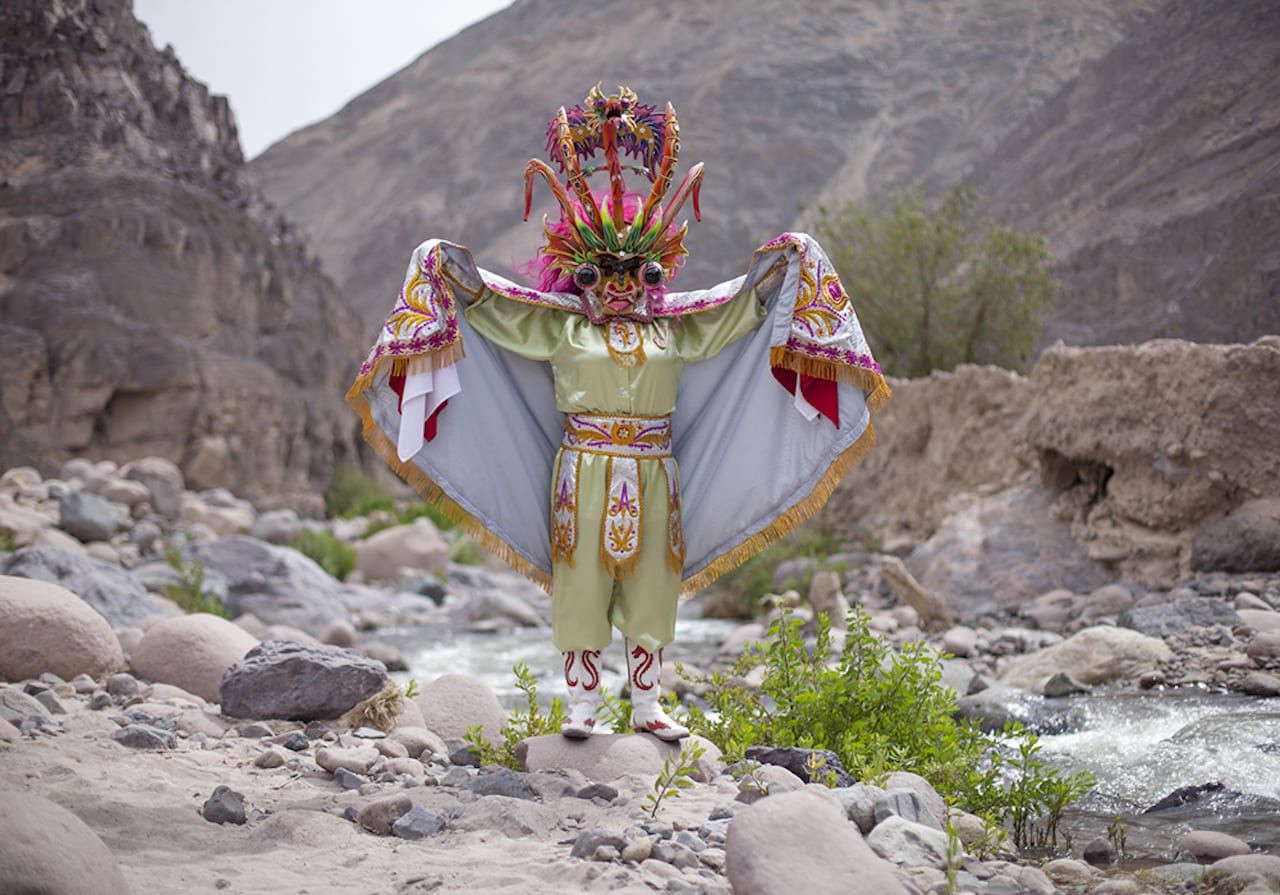
The photographer, director of the International Festival of Photography at Valparaiso, Chile, and editor of the South American photo magazine Sueño de la Razón picks his top five of 2017 – including Andres Figueroa’s photobook Bailarines del desierto
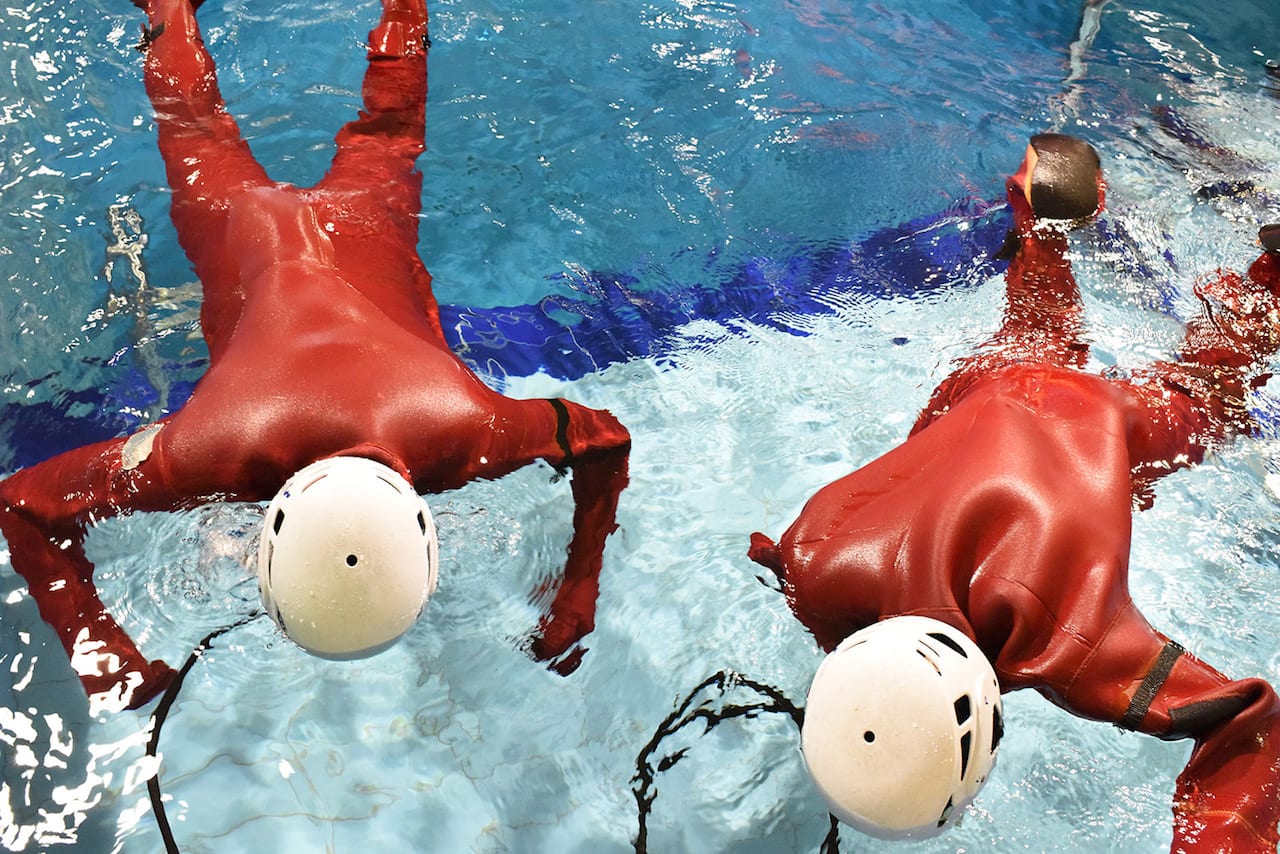
Vogue Italia’s picture editor picks out Monica Alcazar Duarte’s The New Colonists as one of her top five of 2017 – and throws in one more selection for luck
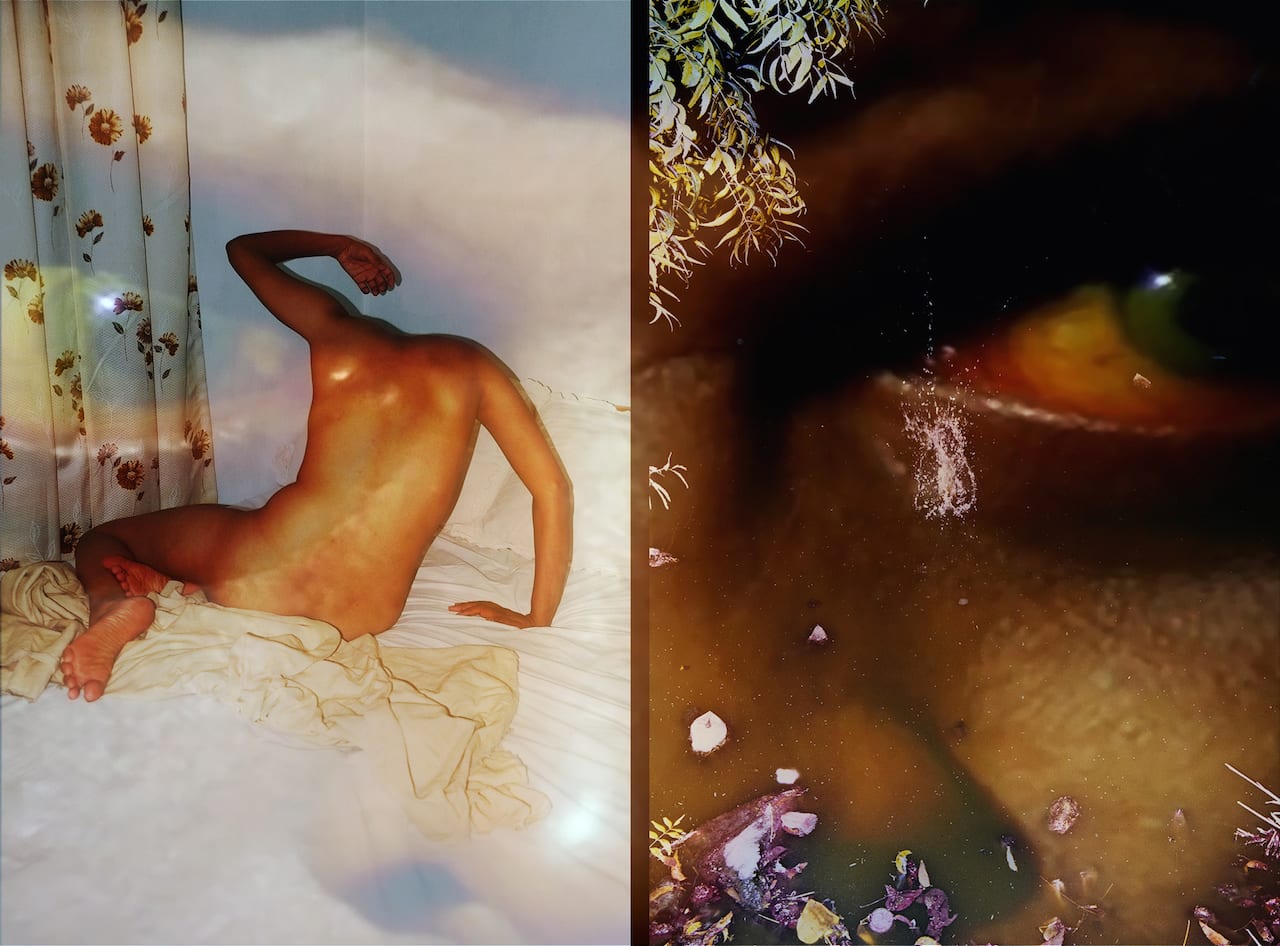
The Guardian’s photo critic picks out his top five of the year, including Sohrab Hura’s installation The Lost Head & The Bird at The Nines, London during Peckham 24

Tate Modern’s curator of photography picks out his top five of the year, including Maisie Cousins’ grass, peonie, bum show from TJ Boulting Gallery
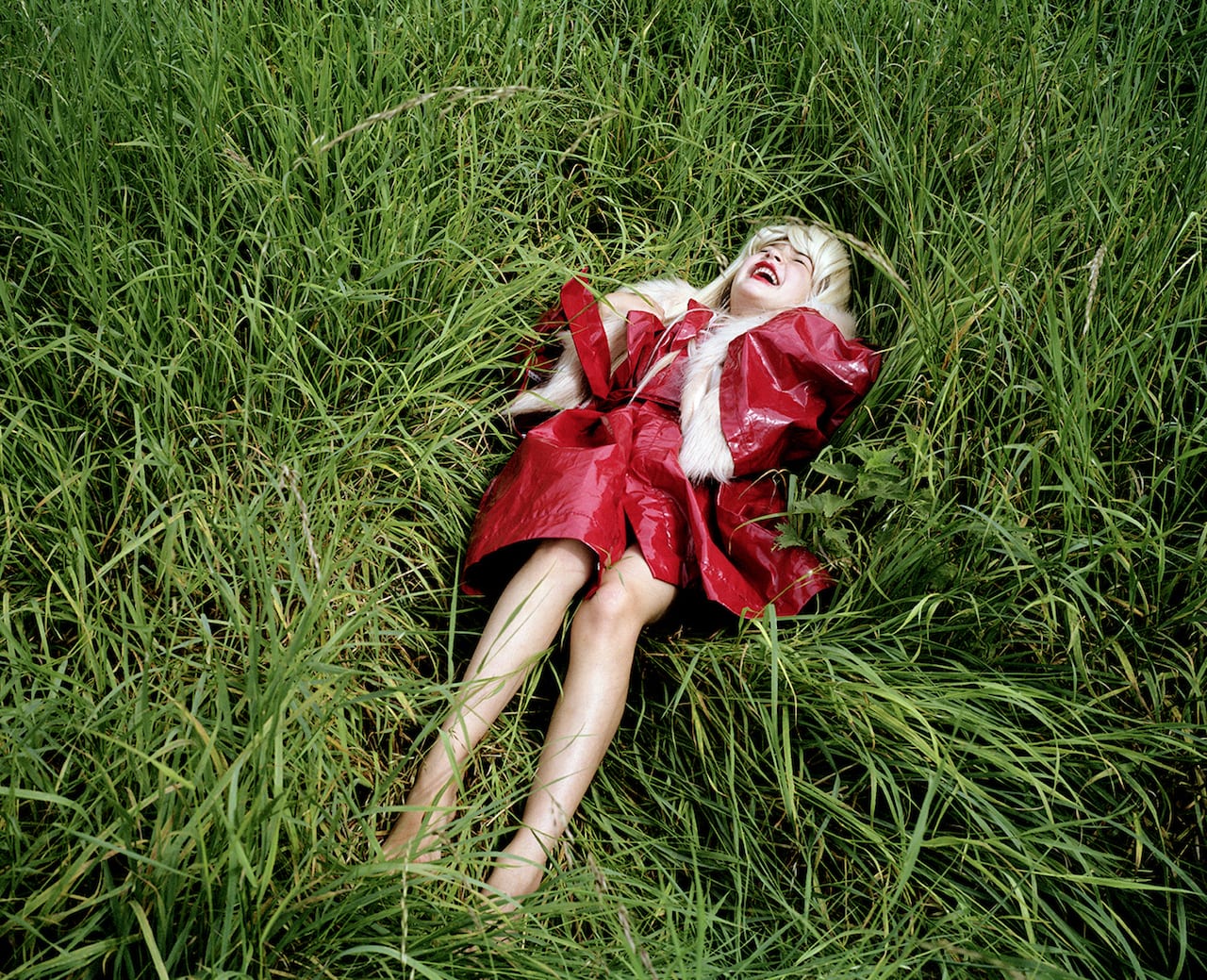
Inspired by personal identity, the natural world, and the fear of dying, the three young artists in this year’s Jerwood/Photoworks Awards exhibition are presenting very different work. Picked out as winners in January 2017, all three have received a year of mentoring on their work from industry specialists such as photographer Mitch Epstein, publisher Michael Mack, and gallerist Maureen Paley. They each also received a bursary of £5000 and access to a production fund of another £5000, to make new work which goes on show in London’s Jerwood Space from 17 January-11 March then tours to Bradford and Belfast.
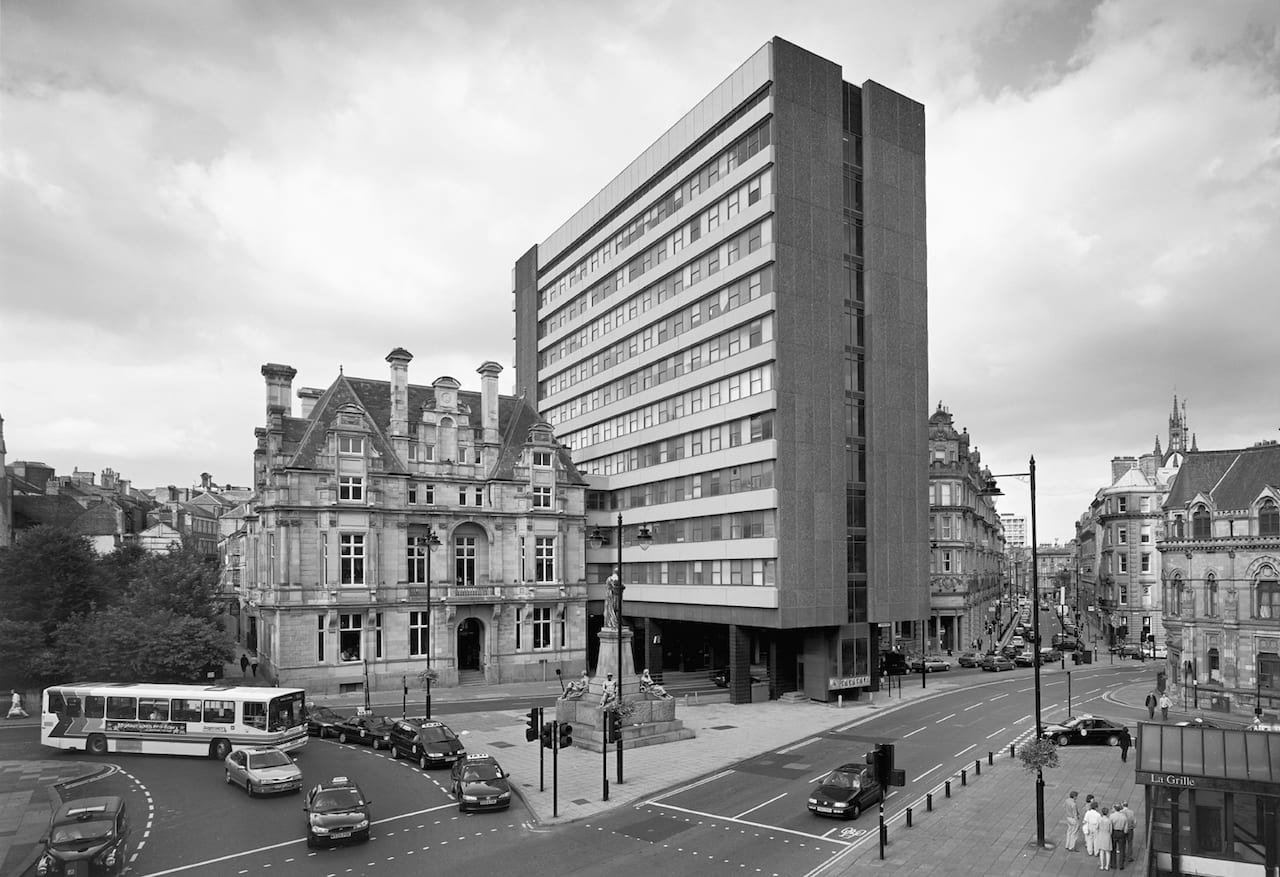
“The British Landscape…is a long-term ongoing project about the enormous changes that have taken place in the UK – the world’s first industrial society and the first to de-industrialise,” says John Davies. “Much of Britain’s infrastructure and the rapid expansion of industrial cities were created through the unprecedented growth of the Industrial Revolution. By the early 1980s, when I started this project, many of these large-scale industries and industrial communities were in terminal decline.”
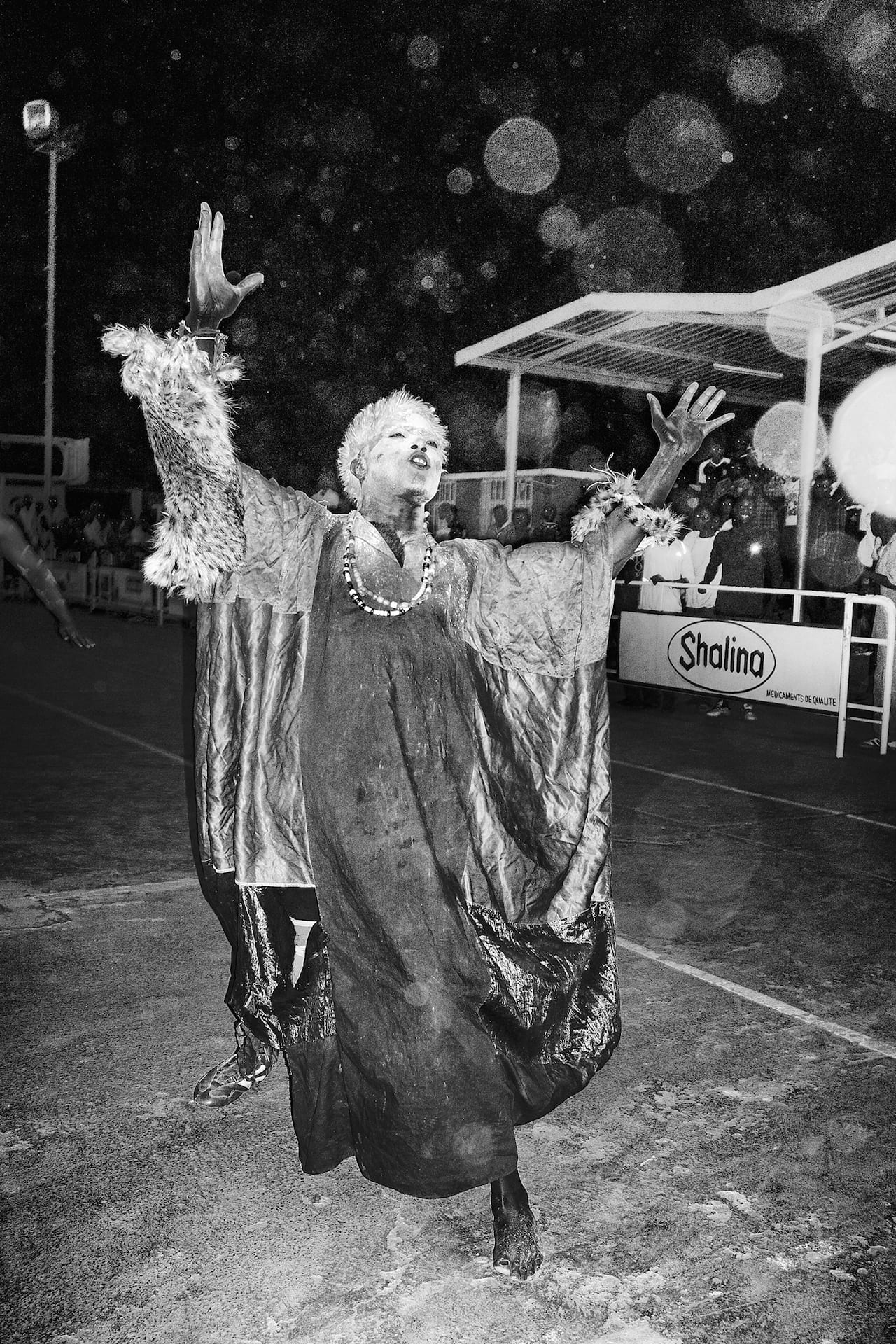
Pongo has won the prize for his ongoing series The Uncanny, which is shot in The Congo. Born in Belgium in 1988 to a Belgian mother and a Congolese father, Pongo started the project as an attempt to reconnect with his Congolese heritage. He first visited the country in 2011, staying with his Congolese family – most of whom he had never met before – and arriving as the DRC held its second ever democratic elections, for both Presidential and Legislative positions. “I am conscious that photographing in the Congo, as a photographer educated in Europe, reveals my own limitations (in accessing and understanding the environment), bias, and stereotypes,” he says. “However, by turning to a more personal story and documenting my confrontation with my family, the country, and by relying on friends and siblings to introduce me to their visions of this environment, I hope to be able to overcome some of these limitations.
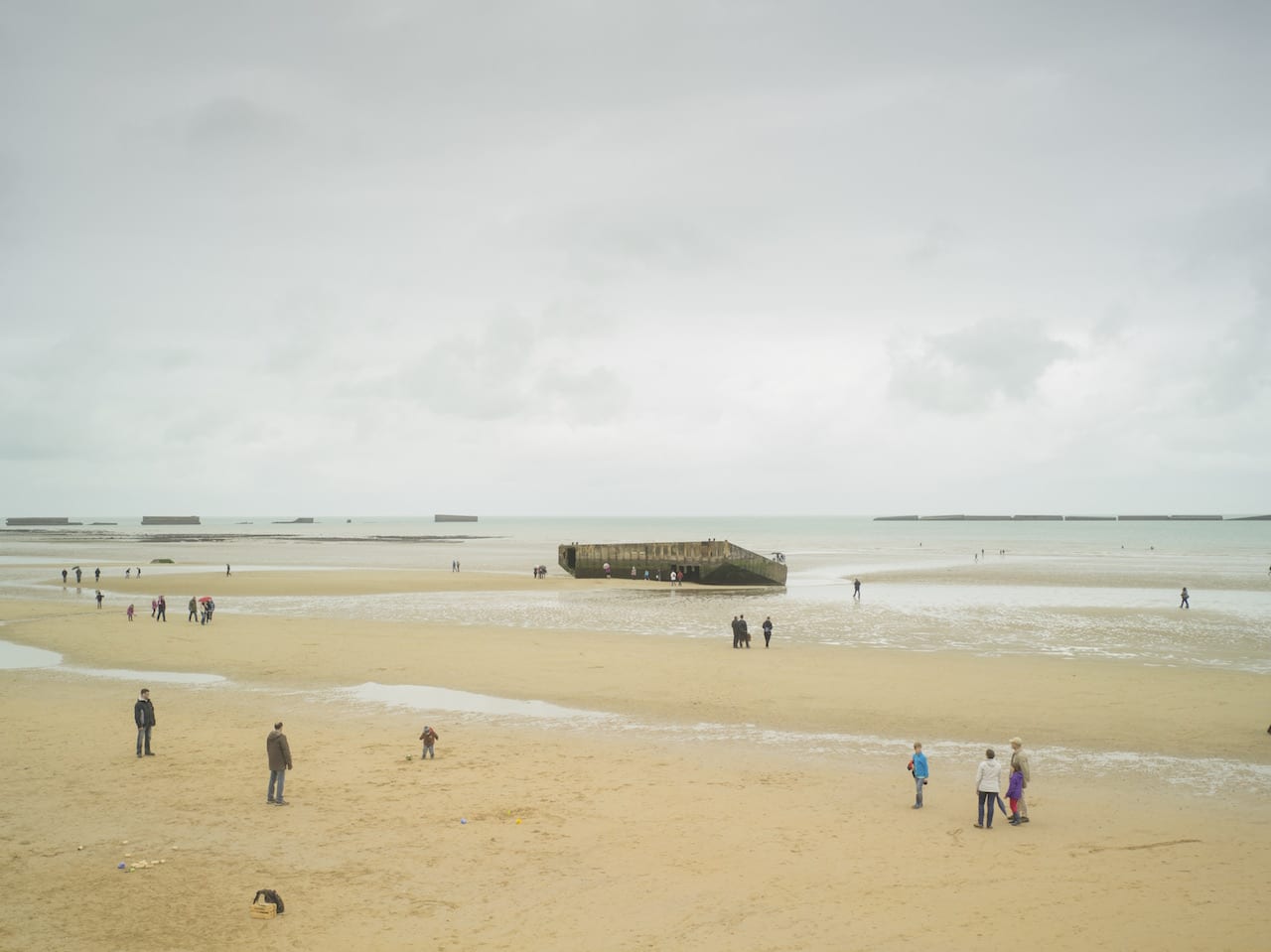
“Great storytelling is never merely about facts,” explains Donald Weber. “D-Day actually happened, and as such it can be studied in detail. As an historical event, however, it has the potential to vibrate myth. Together, quantifiable and relative aspects are defining the essence of storytelling which, in itself, is the ultimate art performed in War Sand.” Weber is referring to his latest project, born of the idea that sand is mnemonic and, for this photographer, it is a repository that has retained the war stories of his grandfather, a commando in the Canadian army. Shortly after publishing Interrogations in 2011, Weber says he “needed to recover from my experiences in Ukraine, where I documented all-too-real interrogations of suspected criminals”.